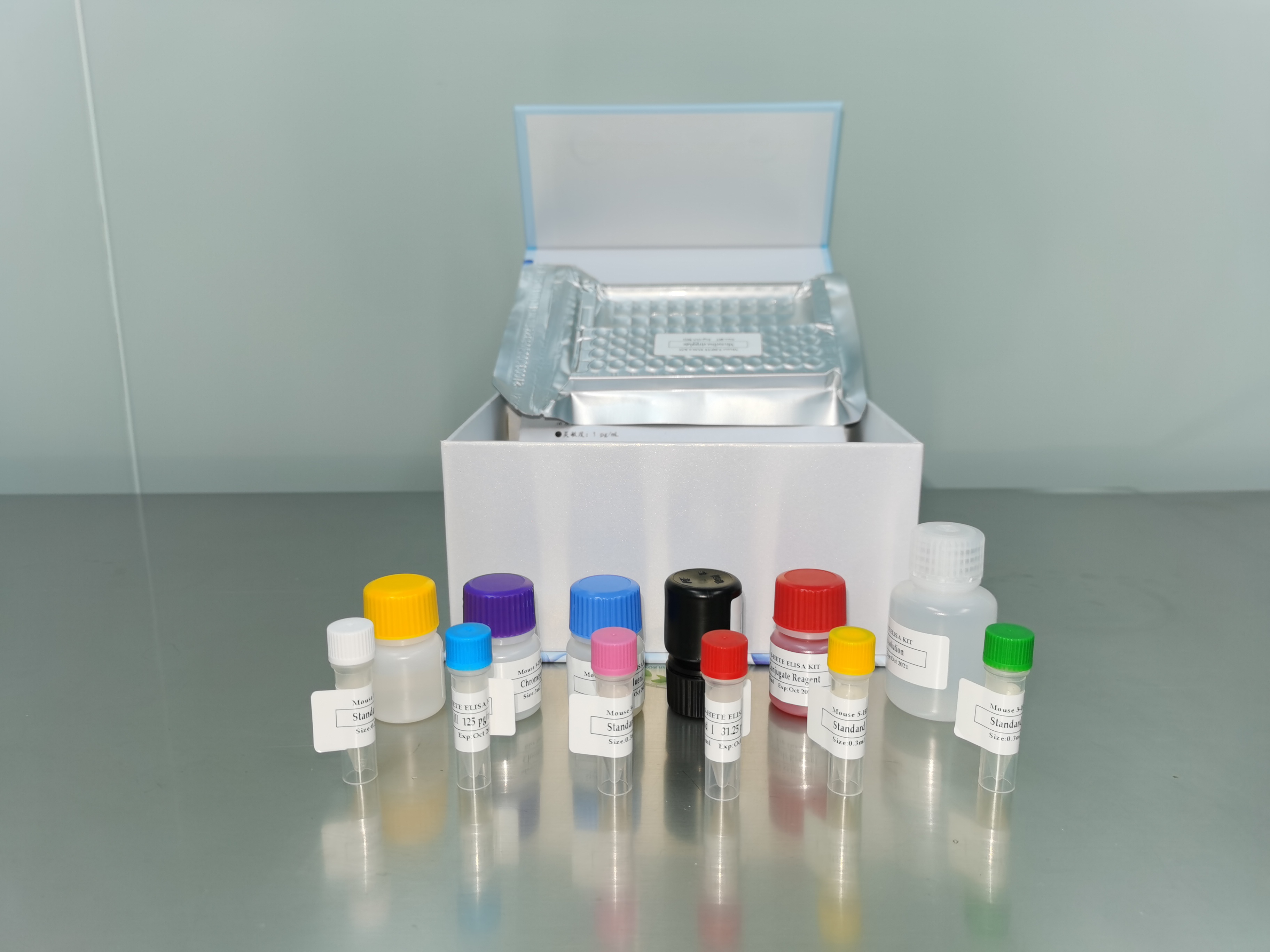| 产品名称: | Proteromonas lacertae (Grassi) Grasse |
|---|---|
| 商品货号: | TS144105 |
| Deposited As: | Proteromonas lacertae (Grassi, 1879) |
| Strain Designations: | LA |
| Biosafety Level: | 1
Biosafety classification is based on U.S. Public Health Service Guidelines, it is the responsibility of the customer to ensure that their facilities comply with biosafety regulations for their own country. |
| Isolation: | Isolated from contents of cloaca of Lacerta agilis agilis Prague, Czech Republic, May 1973 |
| Product Format: | frozen |
| Type Strain: | no |
| Comments: | This item was previously accessioned as ATCC 30270 Phylogeny based on SSU rDNA sequence |
| Medium: | ATCC® Medium 358: Modified TYM basal medium |
| Growth Conditions: | Growth condition: axenic Temperature: 20-22.0°C Supplement ATCC medium 358 with 10% heat inactivated FBS and 2.28 mg/ml of ferric ammonium citrate |
| Name of Depositor: | J Kulda |
| Year of Origin: | 1973 |
| References: | Kulda J. Axenic cultivation of Proteromonas lacertae-viridis (Grassi, 1879). J. Protozool. 20: 536-537, 1973. Kulda J, Nohynkova E. Flagellates of human intestines and of intestines of other species In: Kreier JP, ed. Parasitic Protozoa, vol II. New York: Academic Press; 1978: pp. 1-138. Leipe DD, et al. 16S-like rDNA sequences from Developayella elegans, Labyrinthuloides haliotidis, and Proteromonas lacertae confirm that the stramenopiles are a primarily heterotrophic group. Eur. J. Protistol. 32: 449-458, 1997. |


